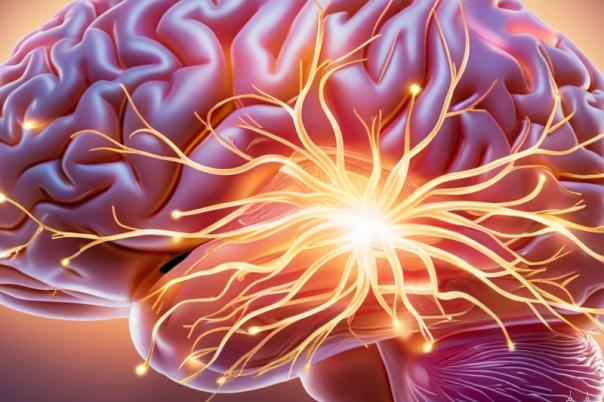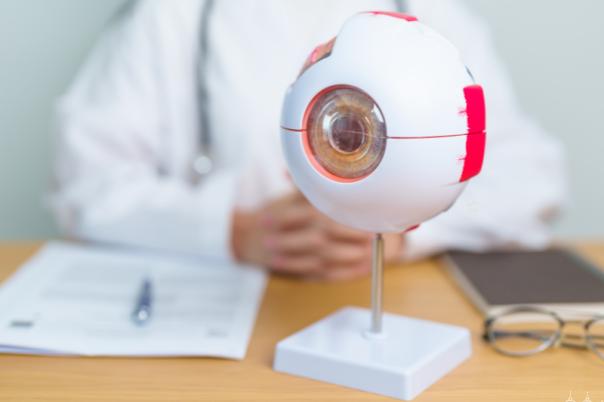Unlike other biopharma companies, Alchemab has an unconventional approach to antibody discovery: its strategy centres on studying resilient patients who have overcome or resisted disease instead of focusing on patients with active disease.
Paulina Kolasinska-Zwierz, Principal Scientist at Alchemab, began her presentation by outlining Alchemab’s workflow for discovering therapeutic antibodies. The first step involves identifying resilient patients, even though there are many different mechanisms by which patients are resilient to certain diseases. Kolasinska-Zwierz believes that the immune system plays a key role in resilience and requires further study.
So, the next step sequences immune repertoires to uncover convergent antibodies absent in progressors. Tools like IP-MS, protein arrays, and phenotypic assays are used to discover antibody targets. These are then developed into therapeutics in an unbiased and patient-driven manner.
A real-life example of this platform is an Alzheimer’s Disease one. The team identified an antibody, ATLX 1088, from resilient patients that targets CD33, an inhibitory receptor on microglia associated with Alzheimer’s. CD33 inhibits microglial phagocytosis; ATLX-1088 restores this function, potentially reversing neuroinflammation. ATLX-1088 demonstrated increased phagocytosis in vitro, better pharmacokinetics compared to other CD33 antibodies, and no cytokine storm in vivo.
This target and pathway-agnostic method shows enormous promise. Kolasinska-Zwierz emphasised that the platform is flexible across diseases and patient cohorts. Finally, the fact that the platform is validated by the human body encourages the discovery of novel pathways and mechanisms.





